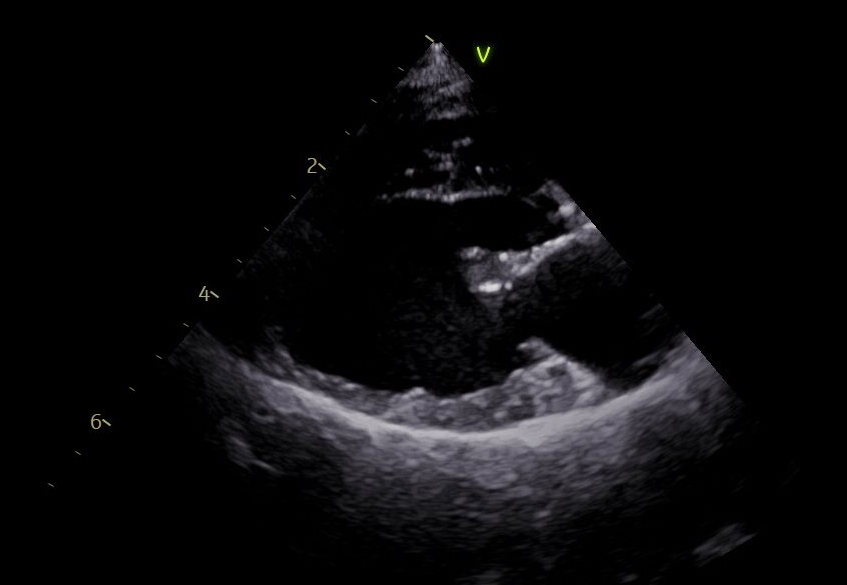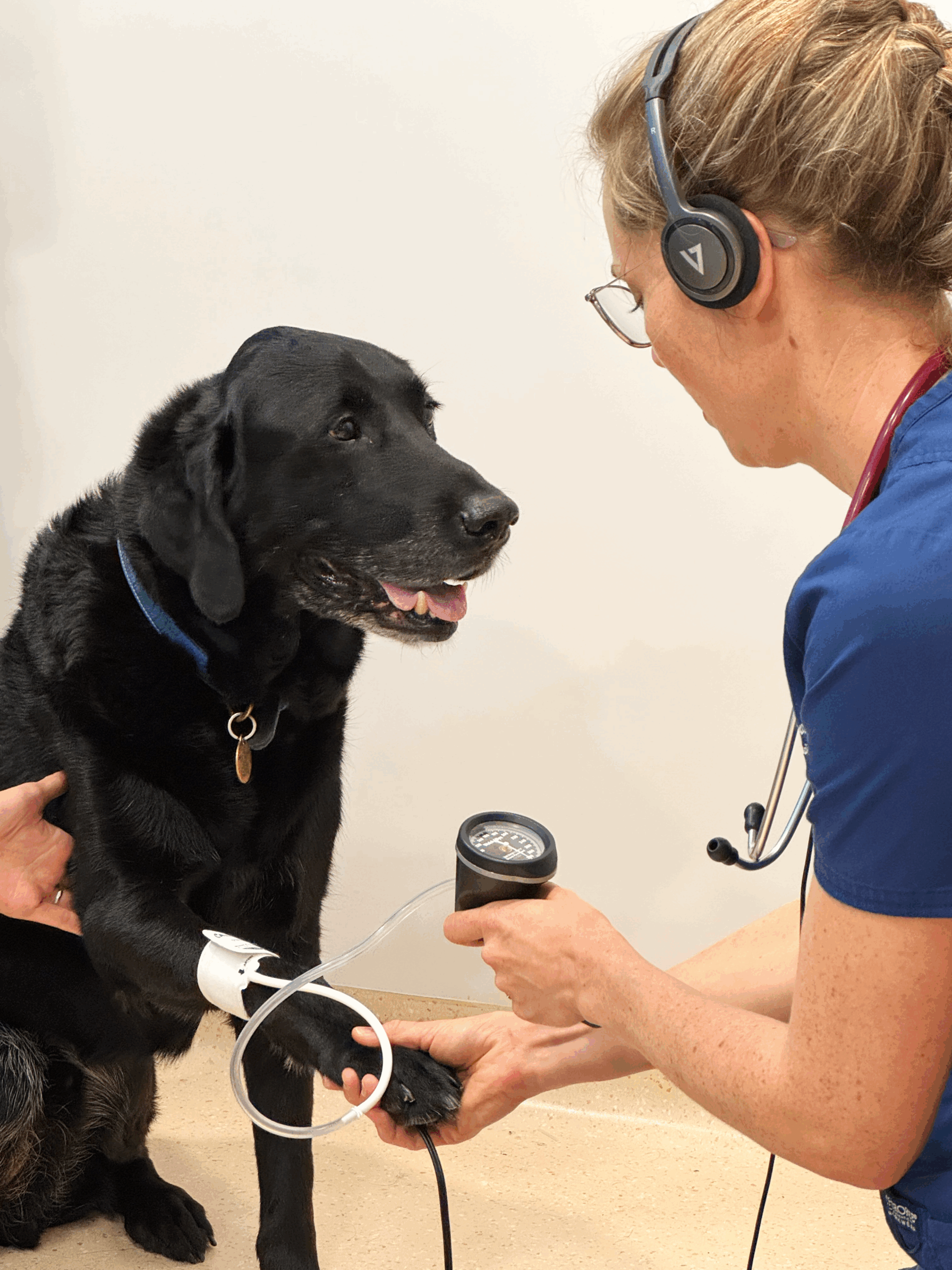Cardiology
The Harvest Veterinary Specialty and Emergency Hospital Cardiology Team is dedicated to delivering compassionate, expert cardiac care and providing the best possible outcome for your animal and family.
Cardiology
If your animal is suspected of suffering from heart or circulatory system disease, they will be referred to our Cardiology team. We understand that this can be a worrying diagnosis, but heart disease can range from mild to serious. The most important step is a thorough investigation and accurate diagnosis to ensure the best treatment and outcome. The Harvest Veterinary Specialty and Emergency Hospital Cardiology Team is dedicated to delivering compassionate, expert cardiac care and providing the best possible outcome for your animal and family.
We see cats and dogs for a range of heart conditions and related issues, including:
- Heart murmurs
- Breathing problems
- Collapsing episodes
- Exercise intolerance
- Abnormal heart rhythms (arrhythmias)
- Congenital heart conditions, such as patent ductus arteriosus (PDA) and pulmonic stenosis
- Diseases involving the heart sac (pericardium)

Initial Consultation
Your initial consultation will usually last 20 to 45 minutes, during which we will take a thorough history. We will discuss recommended tests for your animal, potential costs, expected outcomes, and any possible risks. Our cardiologist will always be accompanied by a nurse who can translate from English to Cantonese if necessary. Your animal will usually need to stay with us for a few hours, and in some cases overnight, for further investigation and treatment.
Diagnostics
Most of our patients do not require sedation. However, some anxious animals may feel more relaxed during tests if they are sedated. If we believe sedation is in your animal’s best interest, we will request your permission. A small patch of fur is typically shaved on both sides of the chest to allow better visualization of the heart using the echocardiography machine.
We commonly perform tests such as:
Echocardiography
Echocardiography (an ultrasound of the heart) with spectral and color flow Doppler: state-of-the-art imaging as part of routine heart disease investigations
ECG
ECG (to record the electrical activity of the heart)
24-hour Holter ECG
24-hour Holter ECG (to assess heart rate and rhythm outside the hospital environment)
Blood pressure measurement

Digital thoracic radiography
Digital thoracic radiography (X-rays of the chest)
Blood tests
Blood tests (to measure cardiac biomarkers, kidney function, electrolytes, or other parameters based on your animal’s needs)
For more complex cases, we can also perform:
Cardiac CT scan
Transesophageal echocardiography
Transesophageal echocardiography (an ultrasound of the heart performed via the esophagus while the patient is under anesthesia)
Cardioversion
Cardioversion (resetting the patient’s heart rhythm in cases of atrial fibrillation or flutter)
Treatment and Management
Every patient is unique, and we will discuss the best treatment options for your animal. Most clinical signs can be managed with medication, but some animals may benefit from minimally invasive interventions (keyhole surgery) to correct or improve certain congenital defects or treat abnormal heart rhythms. These interventions involve accessing the heart through veins or arteries in the limbs or neck.
Our minimally invasive theater is nearing completion. Once operational, our cardiologist will be able to:
- Place permanent pacemakers (for abnormal heart rhythms)
- Perform balloon valvuloplasty (inflating balloons within the heart to open fused valves)
- Place stents in the heart to maintain vessel or chamber patency
- Implant devices to prevent abnormal blood flow, such as treating patent ductus arteriosus (PDA)
In cases where minimally invasive procedures are not possible, we will refer patients requiring surgical management to our surgery service.
Heart disease is common in cats and dogs. Our cardiologist not only manages her own primary cases but also assesses patients referred by other disciplines. When a patient from another service requires anesthesia or sedation, our cardiologist collaborates closely with the anesthesia team to ensure each procedure is carried out as safely as possible.


